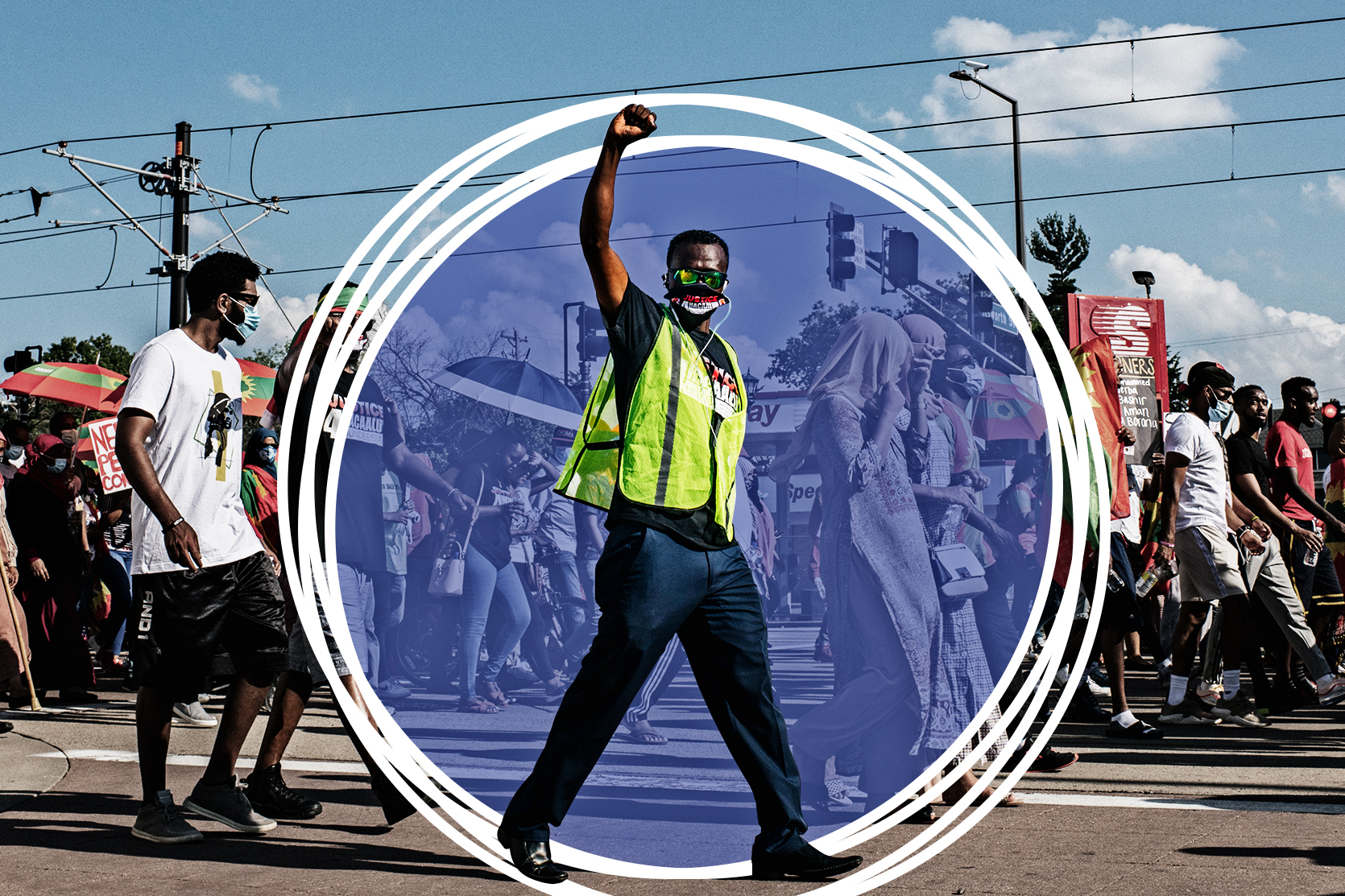
Itika Teferi, a singer in Afan Oromo, one of the widely spoken languages in Ethiopia, found himself inside the Millennium Hall, a kilometre away from Addis Ababa’s international airport, a couple of weeks ago. The hall, which is of a size unmatched in the country, serves as a conference centre. It is the preferred venue for major national events, including concerts by the country’s pop sensations. It was here that Hachalu Hundissa, a popular singer and outspoken critic of the EPRDF regime, electrified young people in 2018, at a time of momentous political change in Ethiopia.
In mid-July Itika, a close friend of Hachalu, was one of the thousands of Ethiopians isolated in the Millennium Hall after health authorities transformed it into a temporary medical facility to treat people who had contracted the coronavirus. Unlike many, Itika had an idea where and how he had caught the virus. On 29 June, his friend, Hachalu, was assassinated. The day after, Itika helped to organise the release of the body from the hospital and in the days following the burial.
After the burial, Itika returned home, and started to feel weak, with an unrelenting cough, he told the BBC Amharic service. He recalled that not many of the mourners wore masks, or maintained physical distancing with others at the burial ceremonials in the town of Ambo, Hachalu’s birthplace. He thought they must have been too struck by the shock and trauma of the loss of Hachalu, whose protest songs made him had an iconic figure to many Oromos – an ethnic group comprising the largest number of the population.
After the burial, Itika returned home, and started to feel weak, with an unrelenting cough.
About 1,000 positive cases were recorded in the period between mid-March, when the first case occurred, and the end of June. But by mid-August, roughly 26,204 positive cases had been recorded, with 11,428 recoveries registered and 479 deaths. About half a million people have been tested. Clearly, the infection rate is starting to climb steeply.
Throughout July, there was violence across many parts of Oromia Regional State and in the capital Addis Ababa, when the youth took to the streets angry at the murder of Hachalu, the icon of his generation. This was not lost on Prime Minister Abiy Ahmed. “Following the conflicts and protests of recent weeks (Oromo), we are seeing the equivalent of monthly case numbers in just a few days,” he said recently.
More than 230 people died in the violence, while close to 10,000 people in the Oromia region were arrested, many of them held incommunicado, their whereabouts unknown, Amnesty International reported. They included leading opposition figures Jawar Mohammed from the Oromo Federalist Congress (OFC), Eskinder Nega of Balderas for True Democracy party, leaders of the Oromo Liberation Front (OLF), and journalists, including a Kenyan.
By mid-August, roughly 26,204 positive cases had been recorded, with 11,428 recoveries registered and 479 deaths.
Hachalu’s tragic death opened a pandora’s box of violence, revealing a delicate unfurling political reality forced on Ethiopia by the outbreak of Covid-19. It could not have come at a worse time as the country was about to hold national elections after two years of hope and, of course, uncertainties.
Prior to that, there had been three years of widespread and persistent protests against the ruling EPRDF coalition’s electoral authoritarianism over the past two decades. A prime minister resigned as a result, and the EPRDF coalition promised sweeping reforms. Abiy Ahmed was put forward to take the mantle of leadership and he pledged economic liberalisation, a more open political environment, institutional reforms and reviews of draconian laws – all leading to fair and credible elections. Optimism grew that Ethiopia was heading toward a liberal political order.
Prisoners were released, dissidents from the diaspora returned, and rebel groups were undesignated as terrorists before they were incorporated into the political mainstream. An overture for peace with Eritrea – Ethiopia’s arch-enemy for more than two decades – earned Prime Minister Abiy international recognition in the form of a Nobel Prize. The country was euphoric.
Hachalu’s tragic death opened a pandora’s box of violence, revealing a delicate unfurling political reality forced on Ethiopia by the outbreak of Covid-19.
That, however, has proved short-lived.
A fateful decision was taken, ostensibly because of the Covid-19 crisis, to indefinitely postpone the national election through a controversial interpretation of the constitution. The House of Federation’s decision to extend its own term limits, as well as for the parliament, the regional states’ councils, and the executive branch, was perceived as a ploy by the prime minister to stay in power beyond the term limits inscribed in the constitution.
Abiy’s administration has claimed that Ethiopia is not unique in this, given that over 24 countries have postponed national elections due to the potential threat to public health posed by Covid-19. But critics of his government say that the (as noted, indefinite) postponement is just another familiar episode of Africa’s ongoing political soap opera, with incumbents carrying out constitutional manoeuvres to hold onto political power – if possible, in perpetuity.
Abiy sought recommendations for the move from the relevant constitutional institutions, and particularly the House of Federation, but it has not been plain sailing. The Speaker of the House, Keria Ibrahim, resigned a day before members of the House of Federation voted on interpretations of the move motioned by the Council of Constitutional Inquiry, protesting that its recommendations were unconstitutional. And the party she leads, the Tigray Peoples’ Liberation Front (TPLF), which governs the Tigray Regional State, has rejected the decision by the House.
A fateful decision was taken, ostensibly because of the Covid-19 crisis, to indefinitely postpone the national election.
Despite strong opposition from the upper house, preparations are nonetheless well underway to conduct regional elections in Tigray, due for September 2020. The move contradicts a resolution by the House that national elections should be held between nine to 12 months after WHO, the world health body, has declared the end of the Covid-19 pandemic, and the country’s own health authorities have certified this.
The political opposition in the Oromia region, which includes Abiy’s own constituency, has been no less vocal in denouncing the postponement. They say that the resolution gives the prerogative for deciding a polling date to the executive, without the participation of the broader political community .
Jawar Mohammed, a political analyst and activist who has a large following, has warned that postponing the national election will induce a constitutional crisis. Mohammed, who was resident in the US before returning to Ethiopia, was instrumental in organising the protests that led to the fall of the previous prime minister, Hailemariam Desalegn, in 2018. But as noted, he has also been arrested, with the other opposition figures mentioned, along with thousands of other people.
Despite strong opposition from the upper house, preparations are nonetheless well underway to conduct regional elections in Tigray, due for September 2020.
Other vocal critics of Abiy`s administration have now also been arrested, among them Lidetu Ayalew, a formidable and outspoken figure during the most contested elections in 2005, and Yiliqal Getnet, an opposition figure known for his provocative and controversial statements. An old reflex to jam critical media outlets has returned, and journalists are finding themselves behind bars once again. No doubt a new wave into exile by dissident groups will follow. Meanwhile, popular protests continue.
The latest occurred in the Wollaita Zone, a county in the southern region, which is demanding autonomy after residents of the Sidama zone were allowed to vote in a referendum in December, in which 98.5% of residents chose autonomy for the region. Indeed, 10 of the 11 counties in the regional state are now petitioning for referenda through their respective councils. Administrators of the Wollaita Zone, including its chairperson, were arrested recently, provoking a fresh outbreak of blocked roads and burning tyres . At least 10 people were killed, including a 14-year-old boy, and many others wounded.
There are concerns that the public protests and continuing large gatherings at burials are helping to spread of the coronavirus. Sentayehu Tsegayie (MD), an advisor to the minister of health, has attributed the sudden escalation in the infection rate to the unrest that followed the death of Hachalu.
Itika spent two weeks in the isolation centre and was discharged before he tested negative. Showing mild symptoms, but not fully recovered, he was told to stay at home, where he was promised a follow-up by medical workers. His early release may be a sign that the Covid-19 treatment and isolation facilities for people who test positive are being overwhelmed. The goal of flattening the curve appears as distant as the possibility that the country’s political gridlock will be resolved any time soon.
We’d love to hear from you! Join The Wicked Conversation by leaving your comments below, or send your letter to the editor to richard@gga.org.
Tamrat G Giorgis is the managing editor of Fortune, which covers mainly the economies of Ethiopia and Africa. He has over 28 years experience in nearly every aspect of publishing with more than 11 various publications. He is a member of the Alumni of the University of Georgetown’s School of Foreign Policy and regularly contributes to specialised international publications.


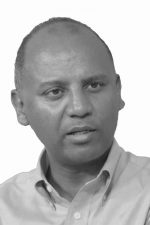
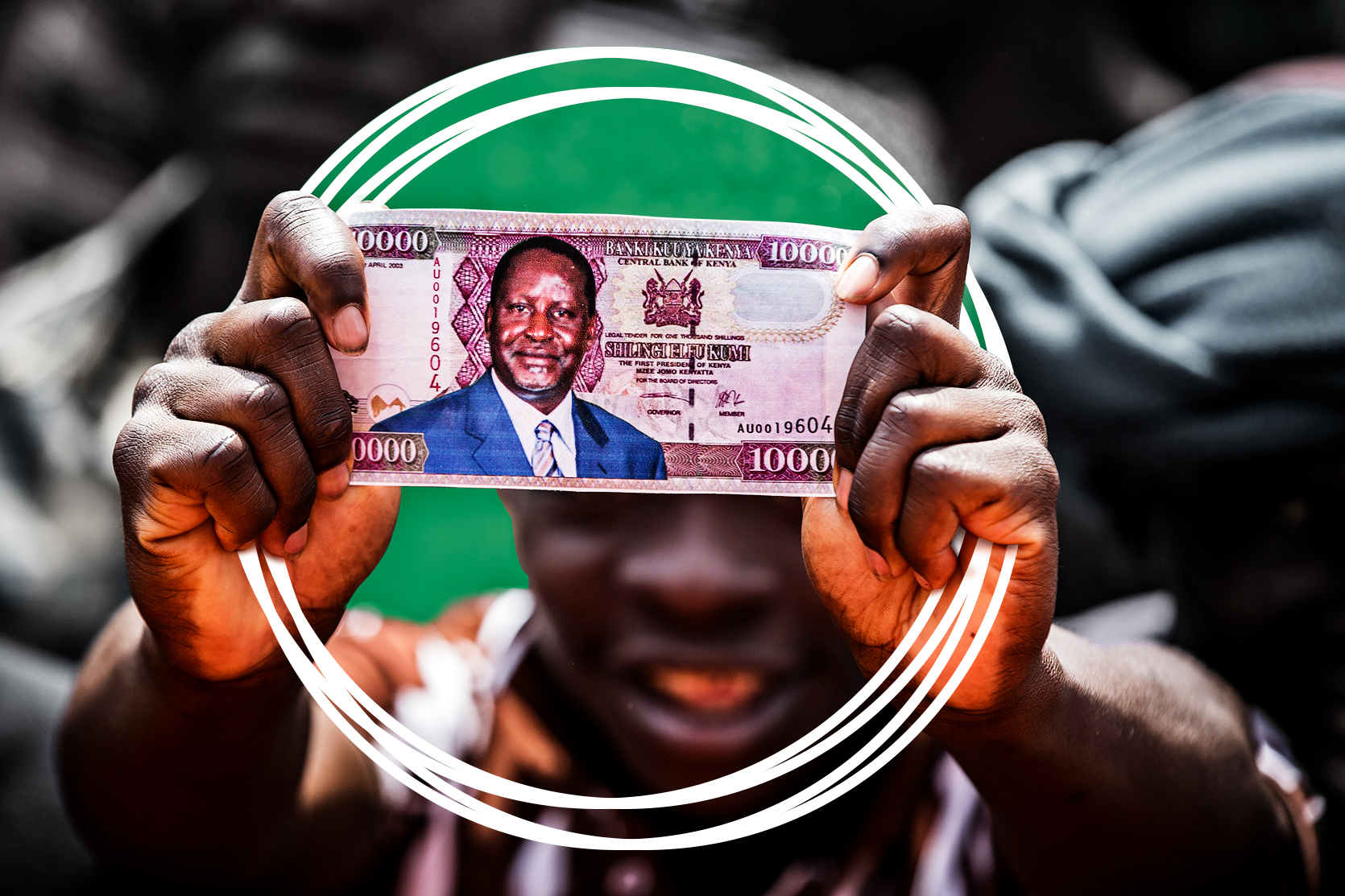
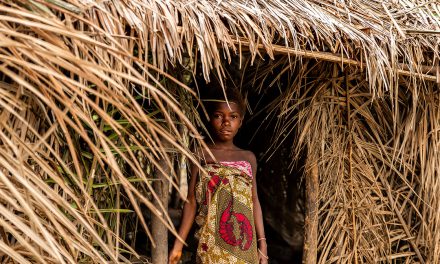
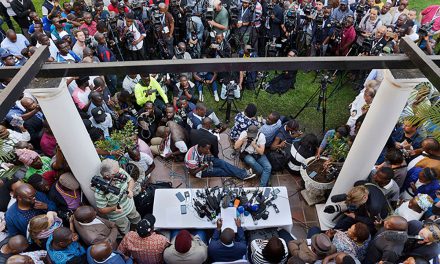
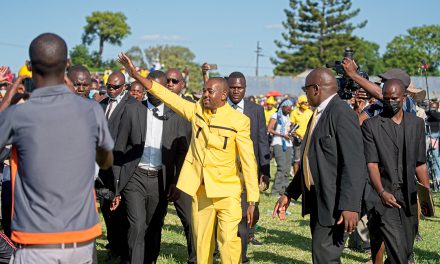


Postponing the election was not much a choice for a country with limited covid-19 fighting resources. Add to that, a political climate in the south & east of the country where uneducated youth, inflamed by mostly anti-Christian and also anti-Amhara propaganda of Oromo extremists living abroad, conducted an ethnic cleansing campaign that caused hundreds of deaths and church & property destruction. Election is not priority for most countries where pandemic hangs in the air & where the security of the nation is at stake. BTW, Keria did not step down on matter of principle, but at the behest of the ethnocentric and estranged TPLF click in Mekelle.
Hi Yilma,
Many thanks for your response and engaging with us. Kindly keep an eye on our page for more*
Abiy Ahmed is not Alfred Nobel—a grave mistake! He is Adolf Hitler, rather! The BIGGEST Nobelean catastrophe of the century!
Hi Dereje,
Many thanks for your response and engaging with us. Kindly keep an eye on our page for more*
Great summary of, and an insight into the mayhem created by Prime Minister Abiy Ahmed.
Hi Kolli,
Many thanks for your response and engaging with us. Kindly keep an eye on our page for more*